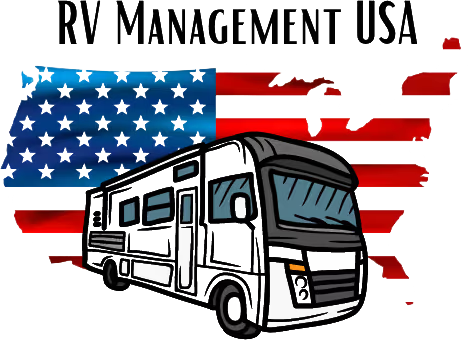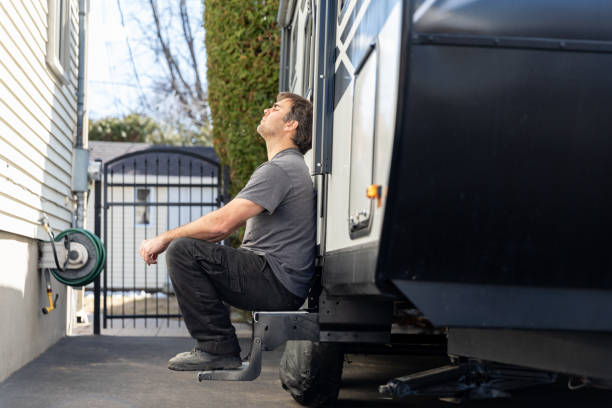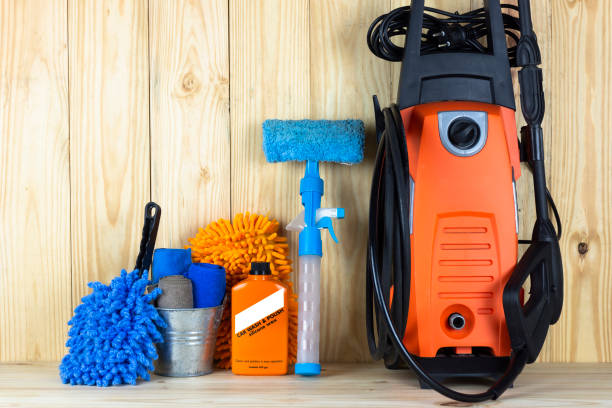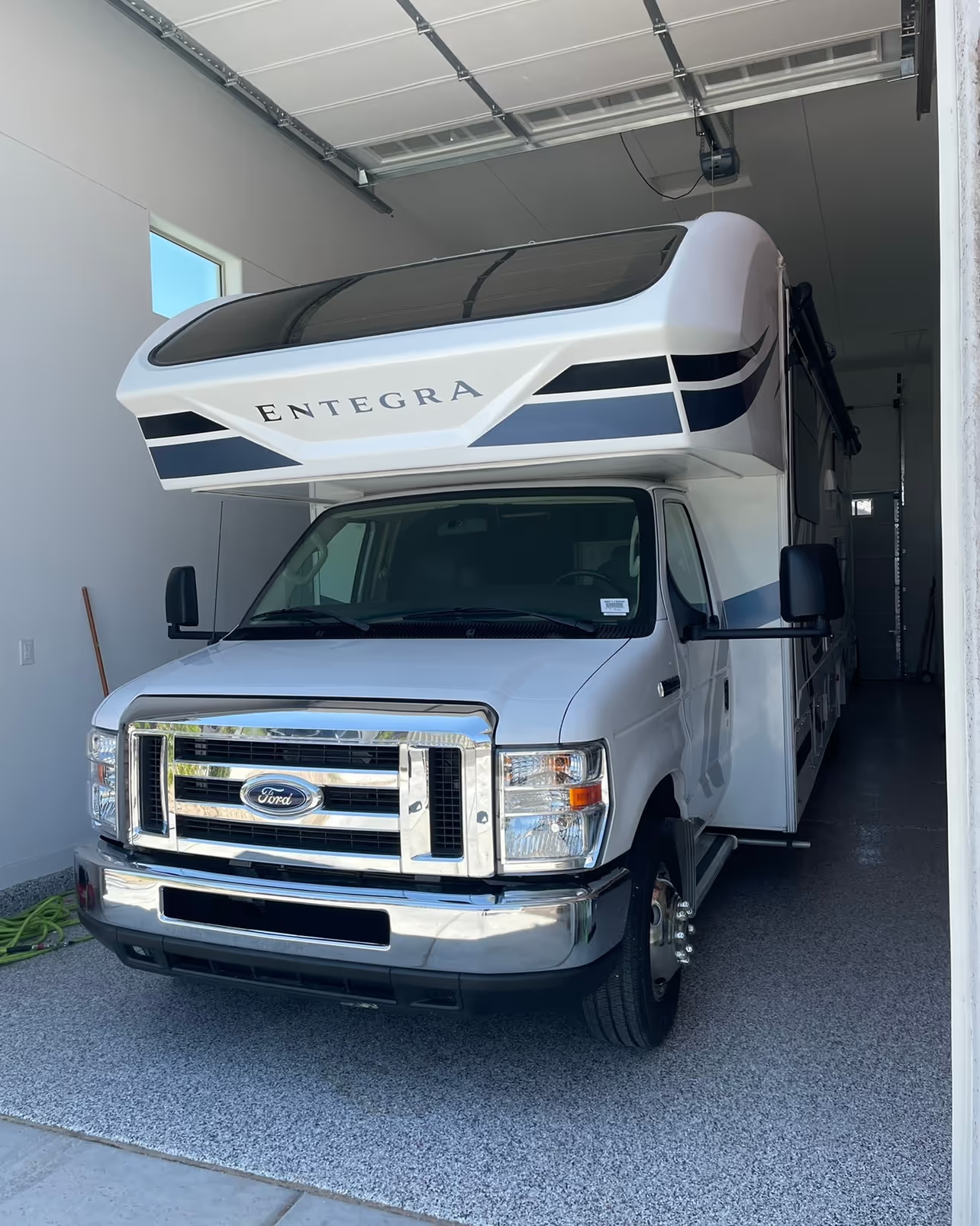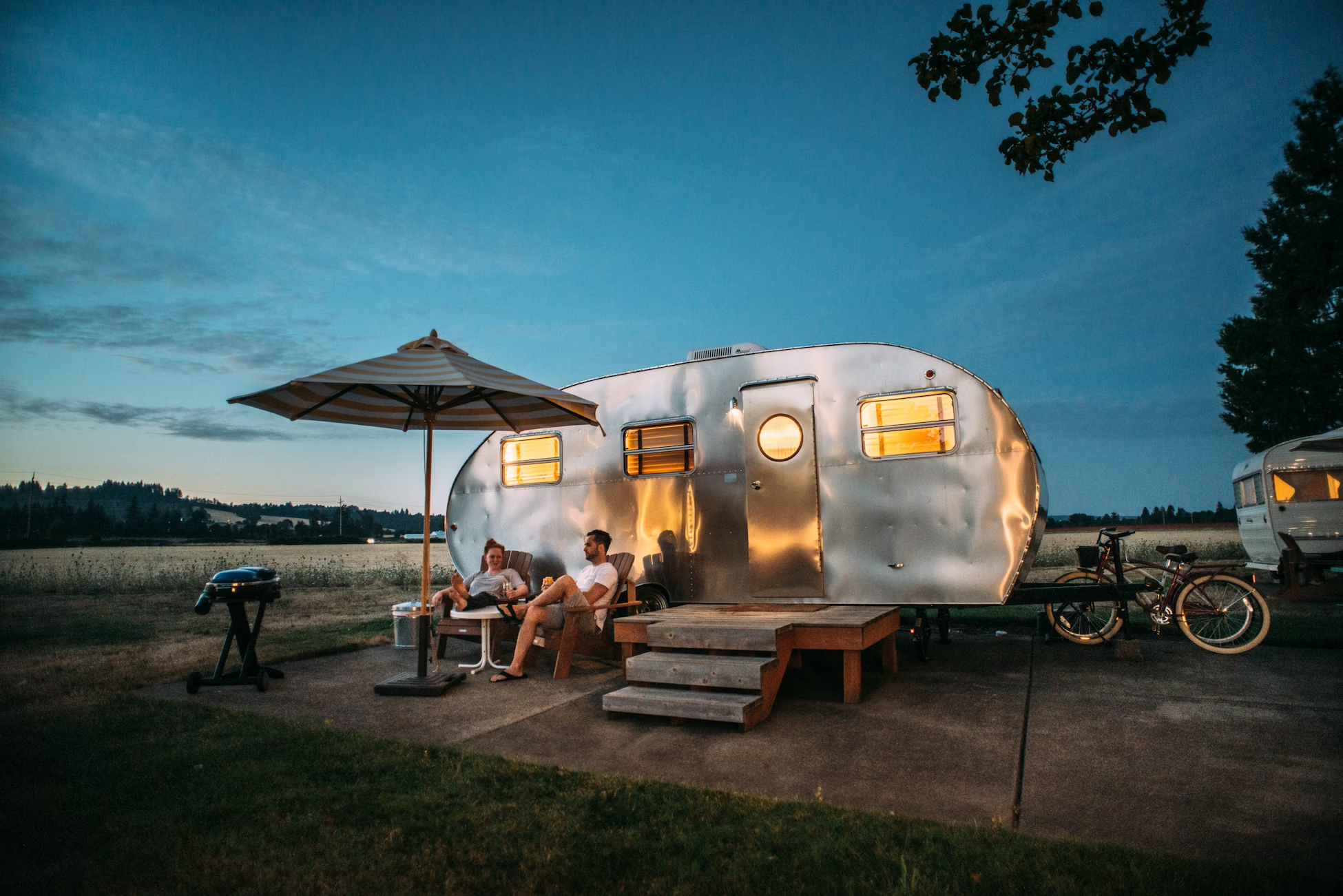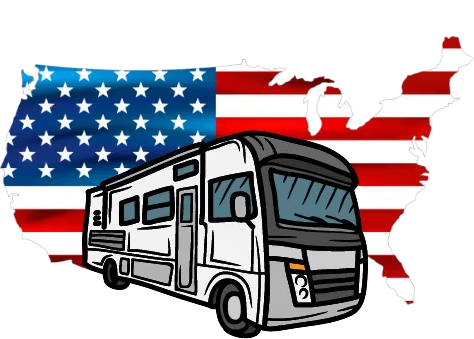The cautionary tales are real—but with the right prep, they don’t have to be yours.
When I first rented out my RV, I heard all the warnings.
“Someone wrecked mine on their first day.”
“A guest dumped the tanks—into the wrong spot.”
“I came back to wine stains and a broken slide-out.”
These kinds of horror stories are enough to scare off any new RV owner. But here’s the truth: most bad outcomes happen because of preventable mistakes.
After working with dozens of RV owners, I’ve seen where things go wrong—and how to stop them before they start. If you're thinking of renting out your RV (or already are), this guide will help you do it smart, safe, and stress-free.
Table of Contents
- Introduction: The Good, The Bad, and The Totally Avoidable
- The Most Common RV Rental Disasters
- What Causes These Nightmares?
- How to Vet Renters Without Being a Control Freak
- Damage Protection: Insurance Isn’t Enough
- The Critical Role of Handoffs and Walkthroughs
- Why Systems Save Sanity (and Your RV)
- Real Horror Story Red Flags to Watch For
- Final Thoughts: Renting Smart, Staying Safe
1. Introduction: The Good, The Bad, and The Totally Avoidable
Renting your RV can be incredibly rewarding—but if you treat it casually, it’ll bite you.
We’ve seen it all: clogged tanks, busted hitches, late-night emergencies, even renters who disappear mid-trip. But we’ve also seen hundreds of successful trips, five-star reviews, and RV owners making solid passive income without a hitch.
The difference? Preparation.
2. The Most Common RV Rental Disasters
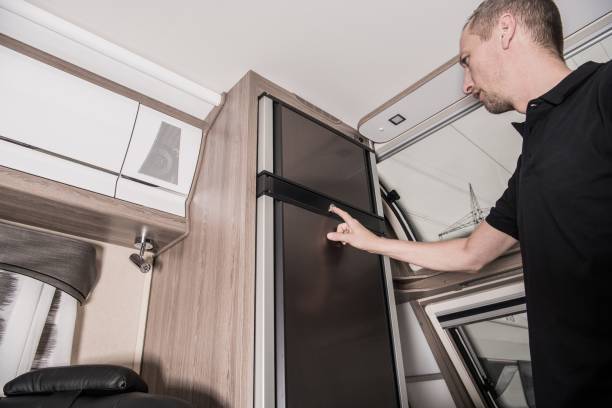
Here are a few real (and unfortunately common) issues owners run into:
- Major Interior Damage – spilled drinks, broken blinds, scratched floors
- Mechanical Neglect – guests who ignore low battery alerts or damage slide-outs
- Waste Tank Mishaps – from overflows to dumping in the wrong places
- No-Shows and Last-Minute Cancellations
- Unauthorized Trips – guests taking your RV off-road or out-of-state
- Late Returns That Affect the Next Booking
These are the stories people whisper in RV owner forums—and they’re usually tied to the same root problems.
3. What Causes These Nightmares?
Most horror stories stem from a few key things:
- Lack of renter screening
- Rushed or unclear check-ins
- Skipping documentation (photos, walkthroughs, contracts)
- Not having solid systems for maintenance and communication
- Using the wrong kind of insurance or assuming coverage
Even one small oversight—like skipping a tire pressure check—can spiral into a costly mess.
4. How to Vet Renters Without Being a Control Freak
You don’t have to interrogate your guests—but you do need to screen them.
Here’s how to do it well:
- Ask why they’re renting and where they’re going
- Check for verified ID and driving records (most platforms offer this)
- Trust your gut—if something feels off, ask more questions
- Set clear expectations upfront: age limits, pet rules, mileage caps, etc.
Good guests appreciate clarity. The bad ones will look elsewhere.
5. Damage Protection: Insurance Isn’t Enough

Here’s the myth: “I’ve got insurance, so I’m covered.”
Here’s the truth: many RV policies don’t fully protect you during a rental—and even the good ones have gaps.
What you need:
- Commercial rental coverage (platforms like Outdoorsy/RVshare offer it)
- Clear documentation of your RV’s condition before/after each trip
- A signed rental agreement that includes usage rules and responsibilities
- Deductible coverage or damage deposits to cover smaller issues
Insurance is your parachute. You still need to pack the chute right.
6. The Critical Role of Handoffs and Walkthroughs
Many issues happen because renters simply don’t know how something works.
Avoid that with:
- A detailed walkthrough during check-out (and a checklist for yourself)
- A quick test drive if they’ve never driven an RV
- Printed or video instructions inside the RV
- A clean, stocked, and photo-documented handoff
Bonus tip: always walk the RV together before and after the trip, and note any existing damage. It protects you—and helps avoid awkward disputes later.
7. Why Systems Save Sanity (and Your RV)
Think of your RV like a mini hotel on wheels. Without systems, chaos follows.
What you need:
- A cleaning checklist (and someone reliable to do it)
- A pre-trip inspection process
- A maintenance tracker
- Message templates for guest communication
- A calendar to avoid overlapping bookings
You don’t need to reinvent the wheel—you just need to follow one every time.
8. Real Horror Story Red Flags to Watch For
If you see any of these, slow down:
- Renter rushes through the check-in or seems distracted
- Guests try to negotiate odd discounts or ask to “go off-platform”
- They can’t answer basic questions about RVs or their route
- Payment issues or delays in confirming the booking
- Someone else shows up to drive than who booked it
Most nightmare trips start with red flags that get ignored. Don’t be afraid to cancel if it doesn’t feel right.
9. Final Thoughts: Renting Smart, Staying Safe

RV rentals aren’t risk-free—but they’re not the Wild West either.
With clear systems, solid screening, and the right protection in place, you can avoid the stress, damage, and drama that tank other owners’ experiences.
At RV Management USA, we help owners take the guesswork out of the process—so every rental feels like a win, not a gamble.
Want peace of mind before your next guest hits the road? Reach out to our team for a free RV risk audit and rental readiness checklist.
— The RVM Team
